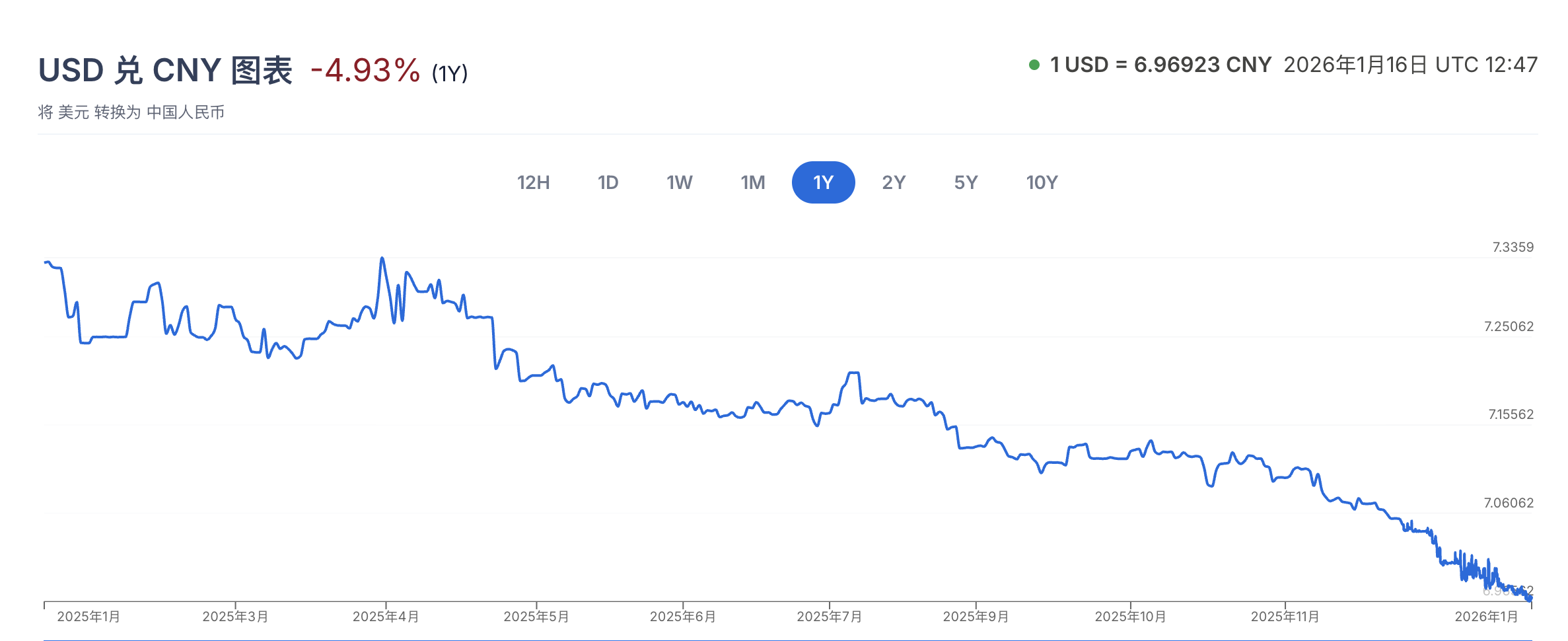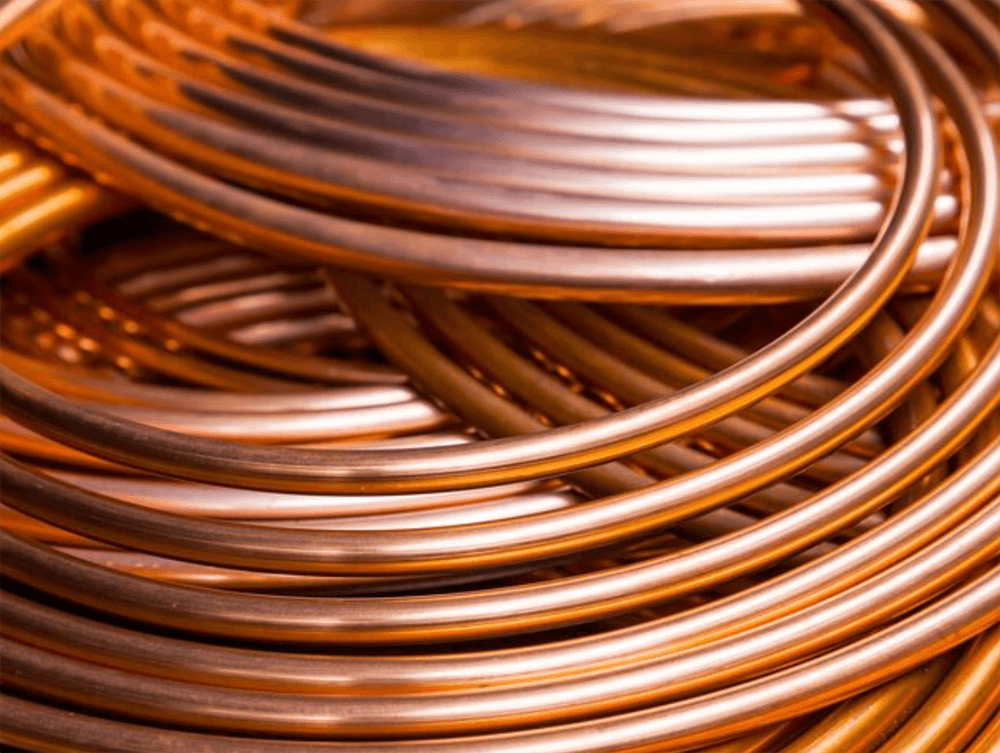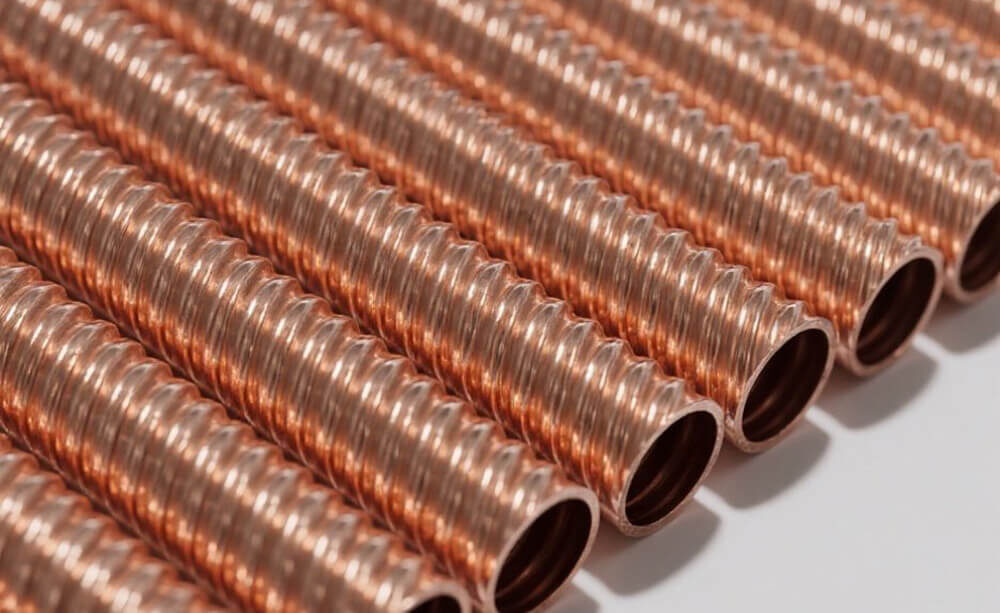In the fast-paced world of petrochemicals, maintaining efficiency while reducing costs is a constant challenge. One of the most critical aspects of petrochemical processes is managing heat — whether it’s cooling, heating, or recovering energy. That’s where heat exchangers come in. These systems play a vital role in controlling temperatures, maintaining safety, and maximizing energy efficiency. Among the various materials used in heat exchangers, finned copper tubes are becoming increasingly popular due to their exceptional performance in challenging environments. In this post, we’ll explore how finned copper tubes are enhancing heat exchange in the petrochemical industry and why they are a game-changer for efficiency and sustainability.
What Makes Heat Exchange So Important in Petrochemical Plants?
Petrochemical plants are complex environments where processes like refining, cracking, and chemical production generate and require significant amounts of heat. Managing this heat effectively is essential for both operational safety and efficiency.
Heat exchangers are the backbone of thermal management in petrochemical facilities. They transfer heat from one fluid to another, helping control temperatures and optimizing energy usage. Without reliable heat exchangers, operations could slow down, energy costs could skyrocket, and equipment could be damaged due to overheating or poor temperature control.
However, the materials used in heat exchangers must endure harsh conditions — extreme temperatures, high pressures, and exposure to corrosive chemicals. This is where finned copper tubes stand out as an ideal choice.
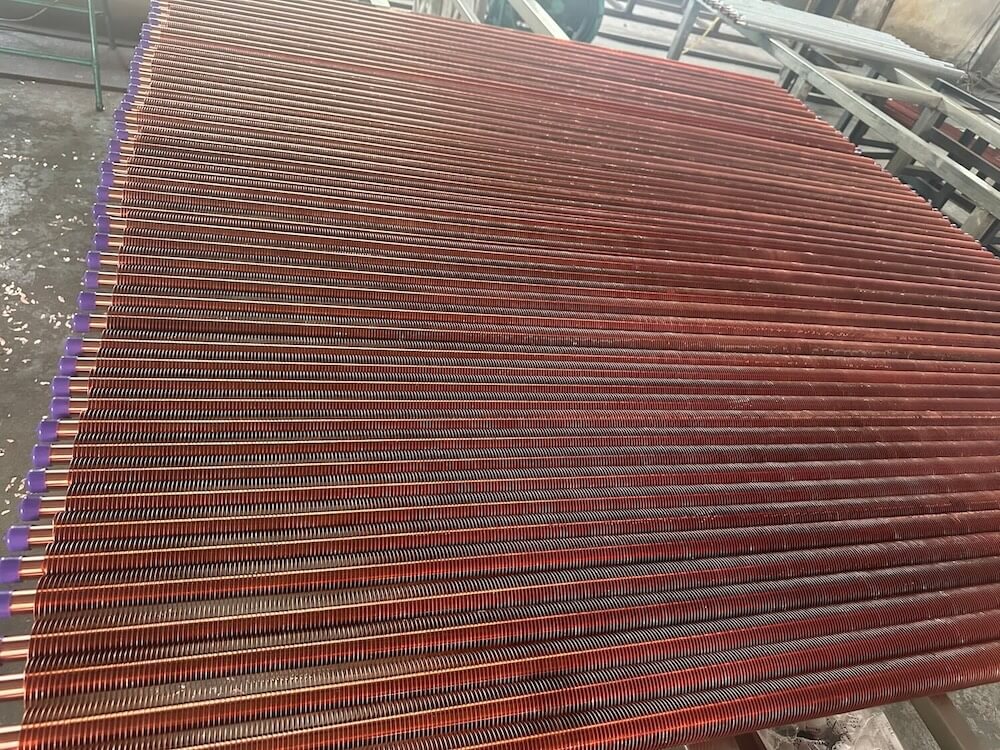
Why Finned Copper Tubes Are Ideal for Petrochemical Heat Exchange
Finned copper tubes are designed to enhance the heat transfer process by increasing the surface area available for heat exchange. Here’s why they’ve become the go-to material in the petrochemical industry:
- Superior Heat Transfer Efficiency: Copper is one of the best conductors of heat, meaning it can transfer heat much more efficiently than other metals. Finned copper tubes take this a step further by adding fins to the copper tubes. These fins dramatically increase the surface area, allowing for even better heat transfer. In the petrochemical industry, where managing high heat is critical, this feature ensures that heat exchangers operate efficiently without taking up too much space.
- Corrosion Resistance: Petrochemical fluids often contain sulfur compounds, acids, and other corrosive substances. Copper is naturally resistant to corrosion, even in high-temperature environments. This resistance makes finned copper tubes highly reliable in petrochemical plants, as they can withstand harsh conditions without degrading or losing efficiency.
- Durability in Extreme Conditions: In petrochemical plants, equipment is exposed to extreme temperatures and pressures. Copper’s inherent thermal stability ensures that finned copper tubes can withstand these conditions without failure. Whether it’s during catalytic cracking or steam reforming, finned copper tubes maintain their integrity, ensuring long-term performance and reducing the likelihood of costly downtime.
- Energy Efficiency: By improving heat transfer efficiency, finned copper tubes help optimize energy usage. They reduce the need for additional heating or cooling sources, which lowers energy consumption and costs. In an industry where energy prices can fluctuate and operational expenses are high, the ability to save energy is a significant advantage.
- Compact and Cost-Effective Design: The increase in surface area provided by the fins allows heat exchangers to be smaller and more compact while maintaining high efficiency. This design is not only space-saving but also reduces material and installation costs, making it a more cost-effective solution in the long run.
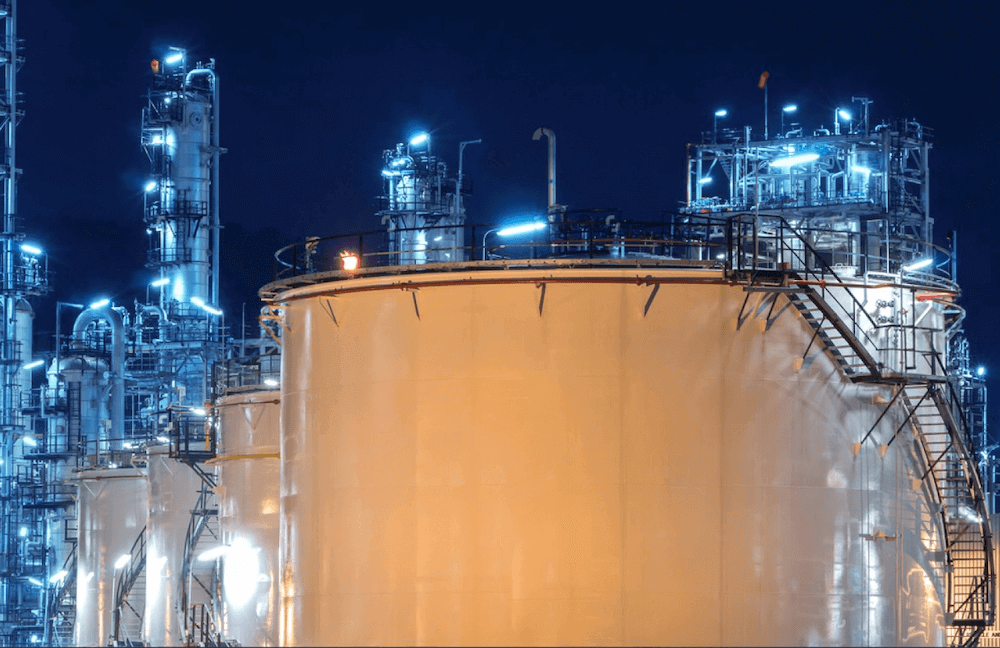
Applications of Finned Copper Tubes in Petrochemical Plants
Finned copper tubes are versatile and can be used in various applications within the petrochemical industry. Here are some of the key areas where they excel:
- Cooling Systems: In petrochemical plants, it’s essential to cool down hot fluids or gases to avoid equipment damage and maintain optimal processing conditions. Finned copper tubes are widely used in air-cooled condensers and cooling towers, where they efficiently dissipate heat and cool down fluids.
- Steam Generators: Many petrochemical processes rely on steam to drive reactions or power equipment. Finned copper tubes are used in steam generation systems, transferring heat from combustion gases to water, creating steam in the process. The high heat transfer efficiency of copper ensures that the steam generation process is both effective and energy-efficient.
- Heat Recovery Systems: Heat recovery is an important practice in modern petrochemical plants, as it helps reduce energy consumption by capturing and reusing heat from exhaust gases or waste streams. Finned copper tubes play a key role in these systems by maximizing the recovery of heat and improving overall plant efficiency.
- Hydrogen Cooling: In petrochemical plants, hydrogen is used in various processes, including hydrocracking and hydrogenation. Maintaining the right temperature for hydrogen is crucial for reaction efficiency and safety. Finned copper tubes are used in hydrogen cooling systems, where their excellent heat transfer properties help maintain temperature control.
- Oil Refining: During the refining process, maintaining precise temperatures is essential to ensure proper distillation and other heat-intensive processes. Finned copper tubes provide the thermal stability and heat transfer efficiency needed to optimize refining processes, improving yield and reducing energy waste.
Sustainability and Future Trends in the Petrochemical Industry
Sustainability is a growing concern across industries, including petrochemicals. As companies strive to reduce their environmental impact, energy efficiency has become a top priority. Finned copper tubes contribute significantly to sustainability by improving energy efficiency, reducing fuel consumption, and lowering CO2 emissions.
Additionally, copper is 100% recyclable, which aligns perfectly with the petrochemical industry’s push for greener practices. The use of recyclable materials reduces waste and the overall environmental footprint of operations, making finned copper tubes a sustainable choice for the future.
In summary, finned copper tubes are an essential technology in the petrochemical industry, offering outstanding heat transfer efficiency, corrosion resistance, and durability under extreme conditions. By improving energy efficiency, reducing operational costs, and enhancing system reliability, these tubes help petrochemical plants optimize performance while minimizing their environmental impact.
As the industry continues to push for greater sustainability and efficiency, finned copper tubes will remain a critical component in helping petrochemical plants meet their energy, cost, and performance goals. Their ability to handle the toughest conditions while reducing the need for external heating or cooling makes them an invaluable part of modern petrochemical operations.

